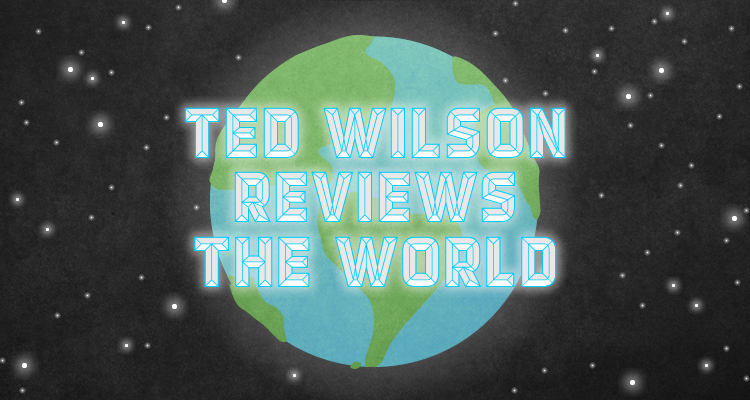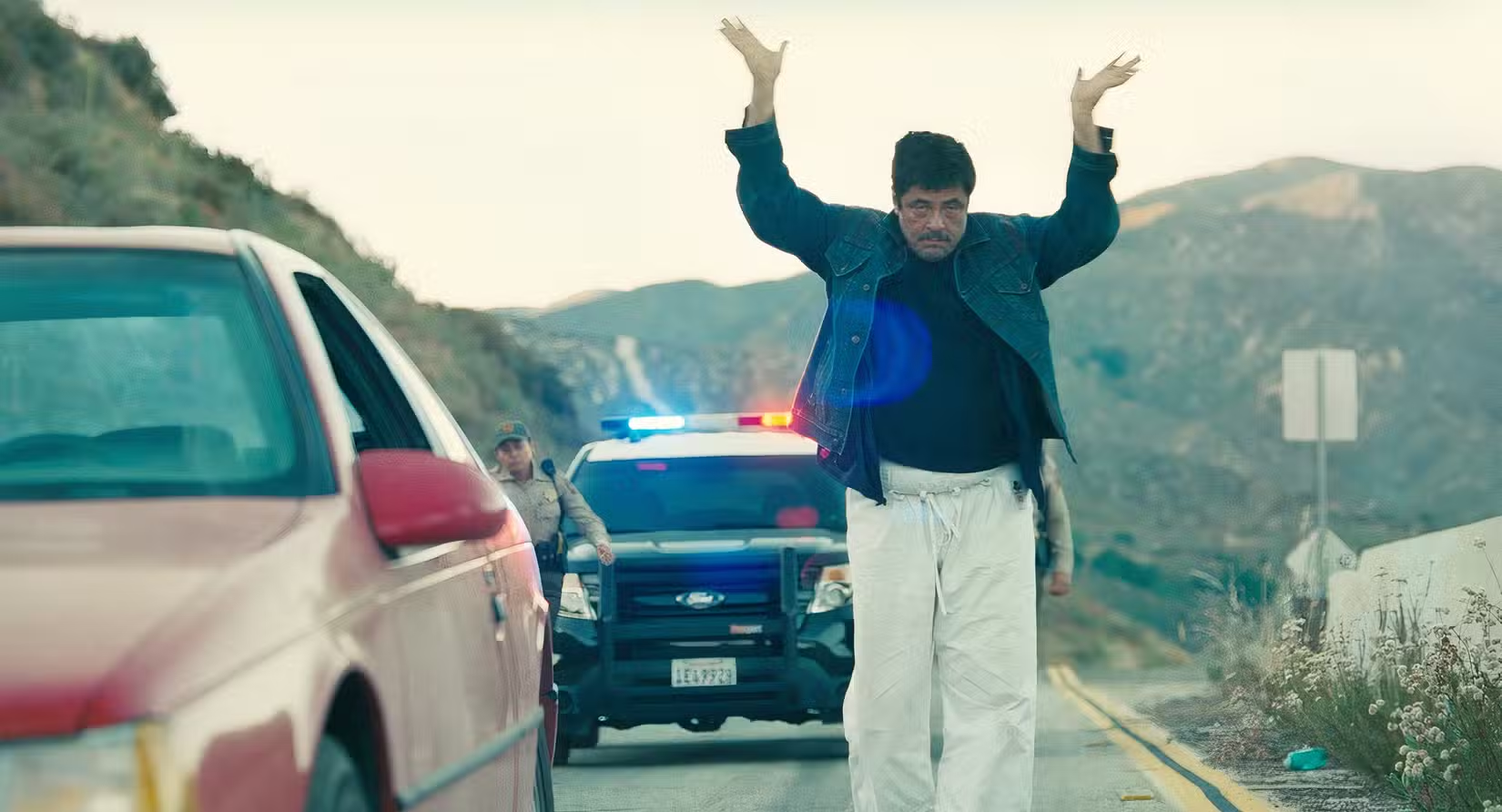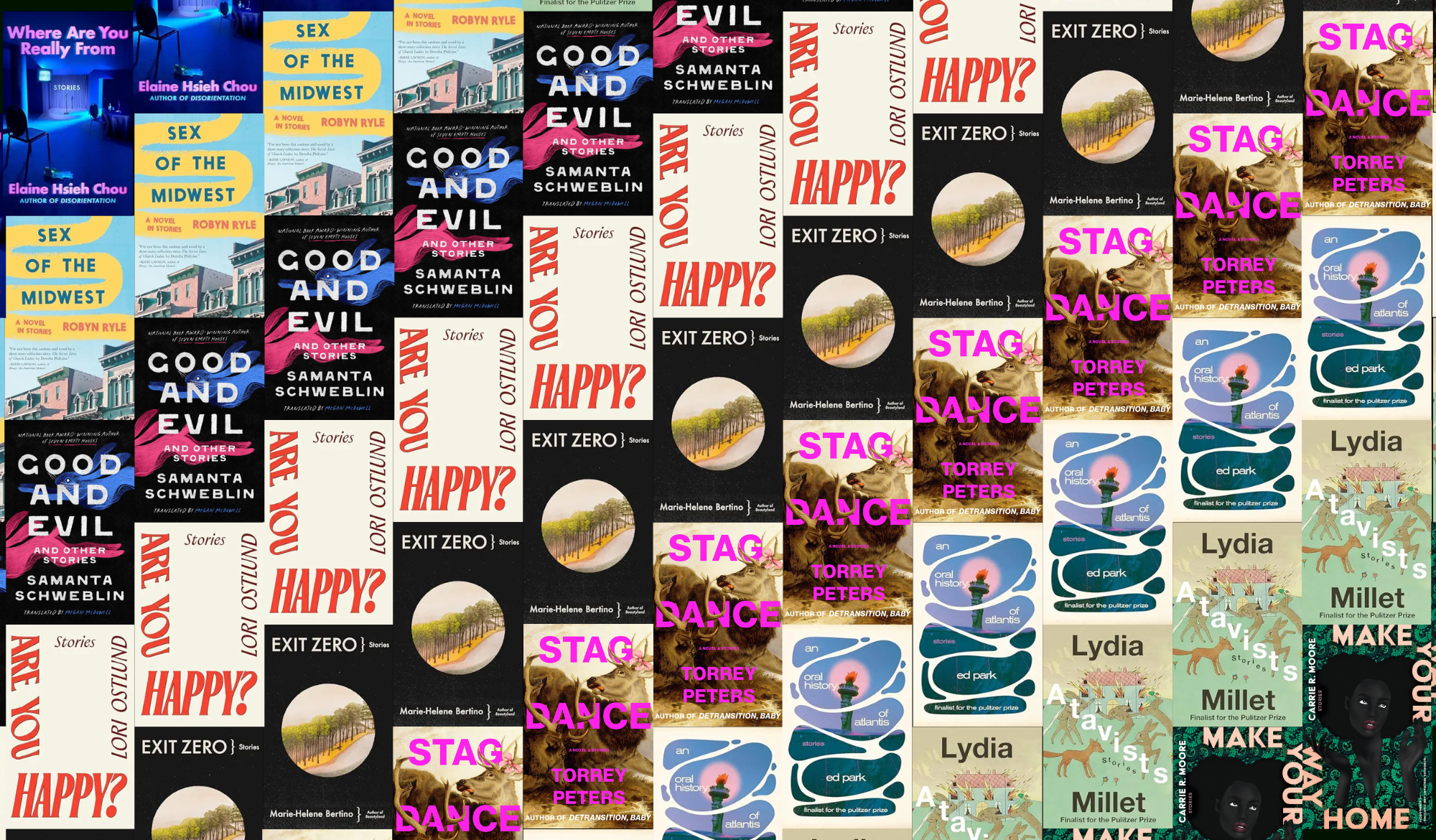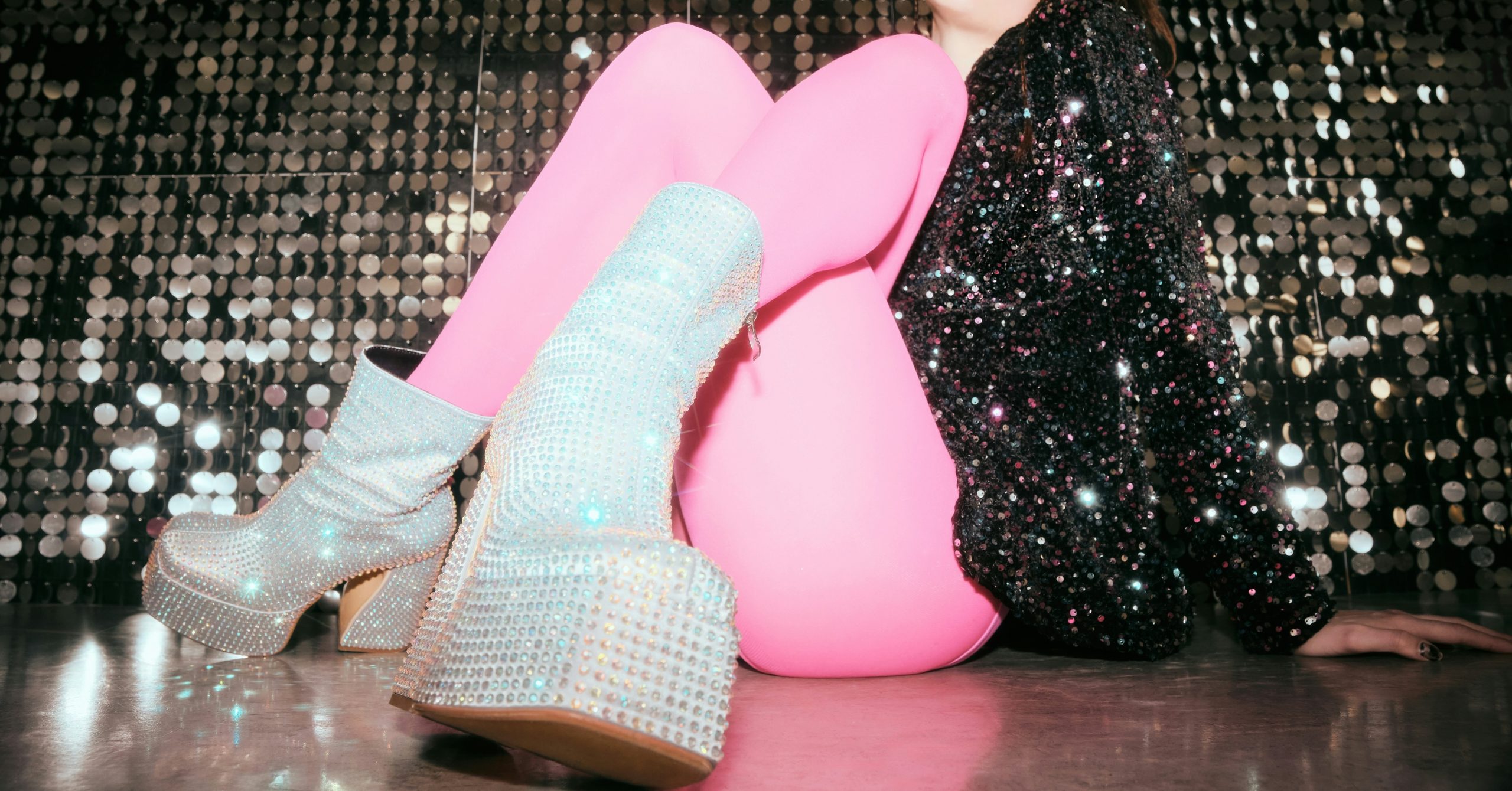Books & Culture
Get in the (Mini)Van
In his debut novel, The Grand Tour, Adam O’Fallon Price mixes writer types and watches it fizz

The path of the writer is not generally associated with happiness and fulfillment, yet a new batch of keyboard-clicking hopefuls is always around the corner, with dreams that center on creating new work and expecting it to lead to just such a place. It behooves both the budding and experienced writer to reasonably look at their chances at such a life. For every Rowling, Franzen, and Strayed, there are tens of thousands — maybe hundreds of thousands — of wordsmiths stuck at some level of the game far below their expectations. It might not be too late to shake the habit and become a CPA, or get Microsoft certified.
Adam O’Fallon Price portrays writers on both ends of this continuum in his debut novel The Grand Tour. First, Richard Lazar is a middle-age novelist who, five books into a failed career, finds himself with an unlikely hit, a memoir of his time as a serviceman during the Vietnam War. This success has prompted press accolades and a national book tour, but it feels too little too late for Richard, who can’t quite summon enough sobriety and political correctness to play the game. Price best renders Richard’s state through the eyes of the people around him. “At [Richard’s] once-a-decade checkup, in March, the doctor frowned at him over the report on the clipboard — an exhaustive detail of Richard’s bad habits and inadequacies — and asked what he thought the life expectancy was for a fifty-three-year-old, one-hundred-pounds-overweight drinker.” Richard spends the novel trying to fight his way out of his malaise, and reader empathy sways along with him as he battles for both literary and personal redemption. “What did he need?” Price writes. “To mark the moment, to celebrate, to hear a sincere word of congratulations. For the tree of his present success to not fall silently in the woods of his past failure.” It’s Richard’s missteps and insensitivities that frequently make others cover their ears.
On the opposite end of the writer continuum is Vance, a nineteen-year-old fringe college student with an absent father, sick mother, and novel manuscript he hopes someday will lead to a life worth living. Vance — who considers Richard a literary hero — offers to drive the ersatz memoirist on his book tour. It’s a bold step for the young man, who struggles to connect with anything that doesn’t exist between perfect-bound pages. Price writes of Vance after he witnesses an accident involving a young woman, which unwittingly leads to the woman kissing him:
“Why, he wondered, thinking for the hundredth time about the car hitting her and her small, crumpled body rising as though lifted by invisible wires; the glint in her eyes as she looked at him; the funny sweet smell or taste, he wasn’t sure which, that emanated from her as they kissed. Why now, why her? This line of questioning always ended with a shrug, a tug, and a shudder, another damp tissue thrown in the plastic trash under the sick.”
His chauffeuring of Richard is Vance’s attempt at a deeper engagement with the world, which might be the best — or perhaps only — gift the older writer has for him.
Price also includes passages from Richard’s memoir in the novel, and these unfold naturally as the twosome travels from reading to reading. The memoir is a first-person account of the uncertain transformations brought about by war, written by a world-weary former infantryman at some remove from his fighting days. “Though we were young, most of us were not dumb or naive enough to pretend we knew how we’d respond in a real battle. That was why we imagined it and talked about it at great length — we were trying on the clothes of a soldier the way a child tries on a father’s suit. We hoped we were up for it and feared we weren’t.” Being a soldier was only the first of many roles Richard had difficulty accommodating, to go with husband, father, author, and mentor to Vance.
Despite probing deeply into the pairs’ struggles, the writer in The Grand Tour who offers the most promise for the nascent scribe is Price himself. He has constructed a story with the immediacy of a good script, and with metaphors that operate with sterling efficiency. For example, when Vance meets Richard’s daughter Cindy: “Vance came forward and stuck out his hand, as though he were presenting her with a piece of questionable fruit for her perusal.” At Richard’s San Francisco book event: “The reading … took place in the Mission District, in an event space, so called — an open warehouse that looked like the kind of place in the movies where someone gets shot in the back of the head by someone they trust.” Or when Richard, in an attempt to stay on the wagon, orders a water at a bar: “An unrestrained ripple of loathing lapped across the broad lake of the bartender’s face.” These tropes function as a sort of writerly redemption to offset Richard’s cynicism and Vance’s credulity. Price seems to be hinting that there’s a third way for the writer, one that leads to certain satisfactions through an engagement with craft, supplying even a small audience with compelling insights it didn’t know existed a mere sentence before.
Over the course of a career, every experienced writer is faced by someone — usually more than one — doe-eyed with the idea of putting words to paper. It’s tempting to want to impart that the life isn’t necessarily what one imagines for it, but it’s also wise to remember that the practice comes with its own rewards. Some of them are featured prominently in The Grand Tour, where Price’s finely hewn characters and deft language act to counterbalance his more extreme author portraits.
There just might be hope for us after all.









